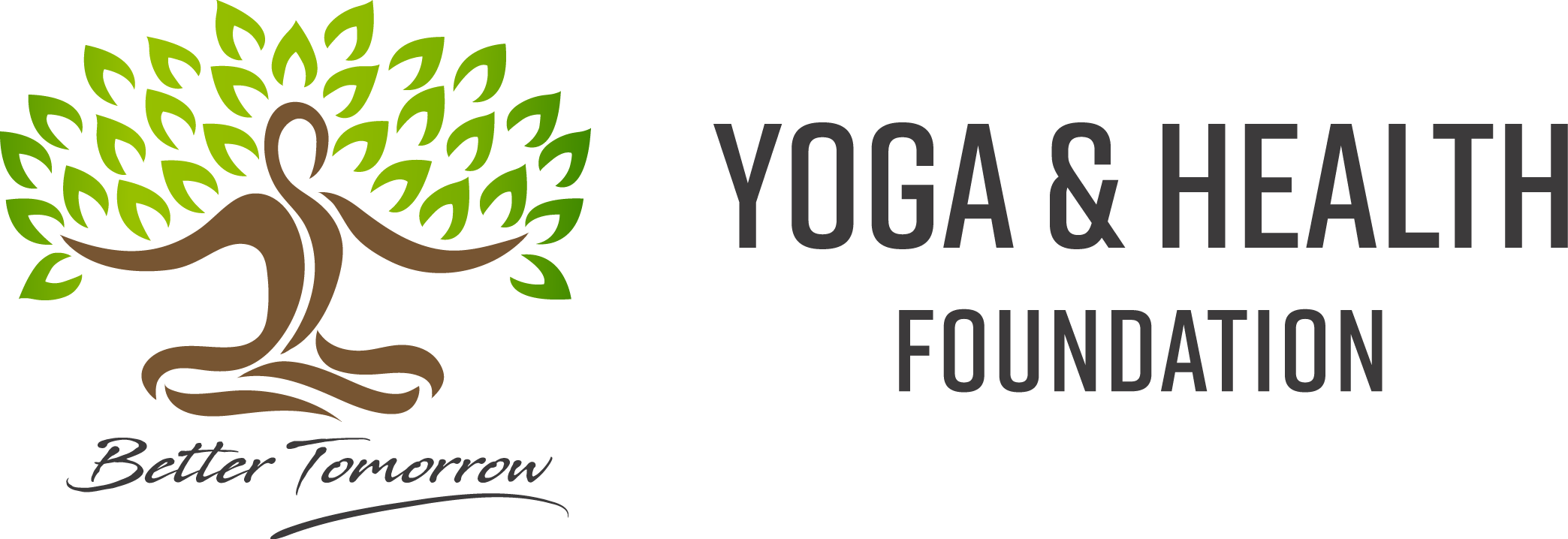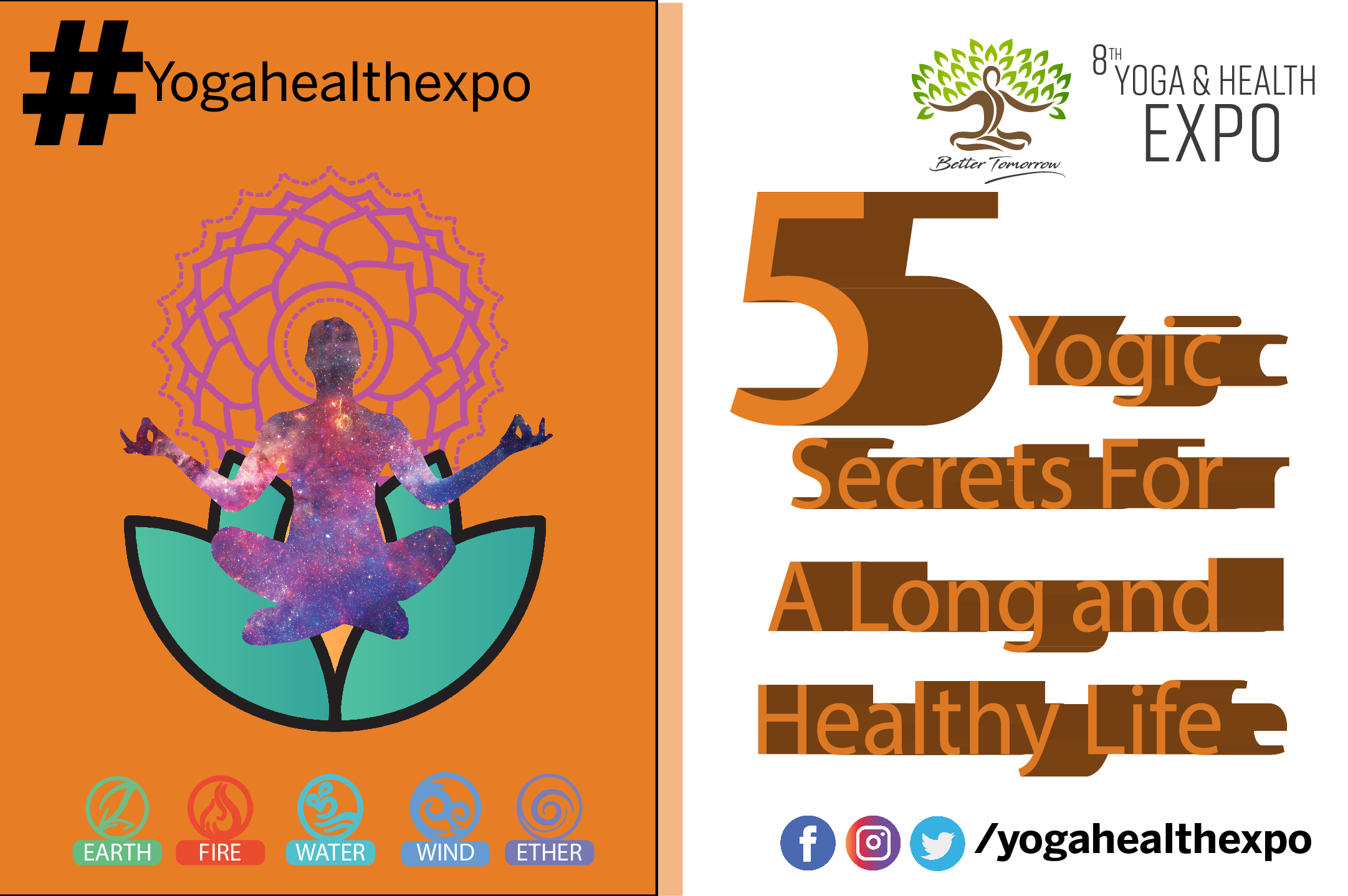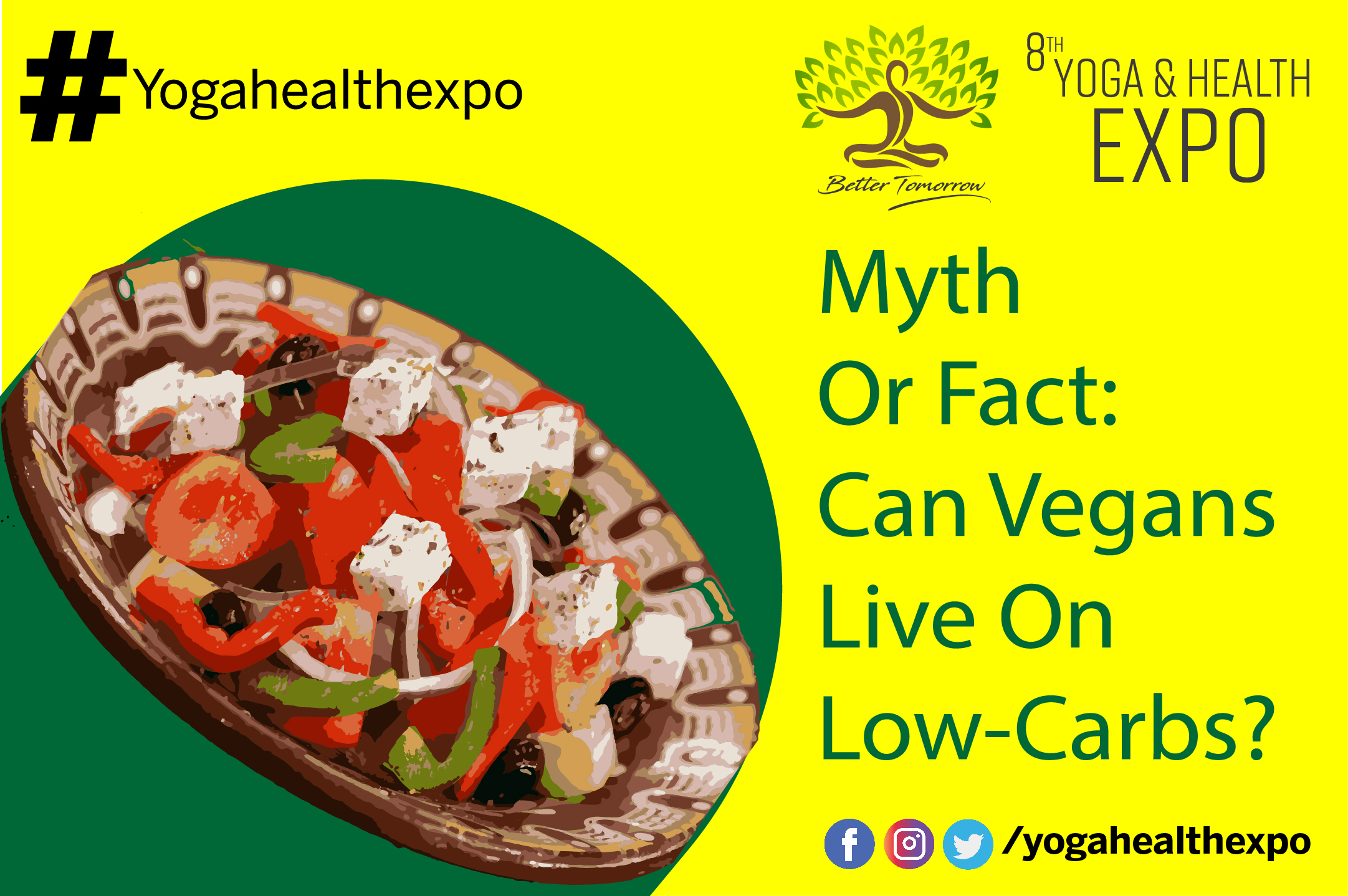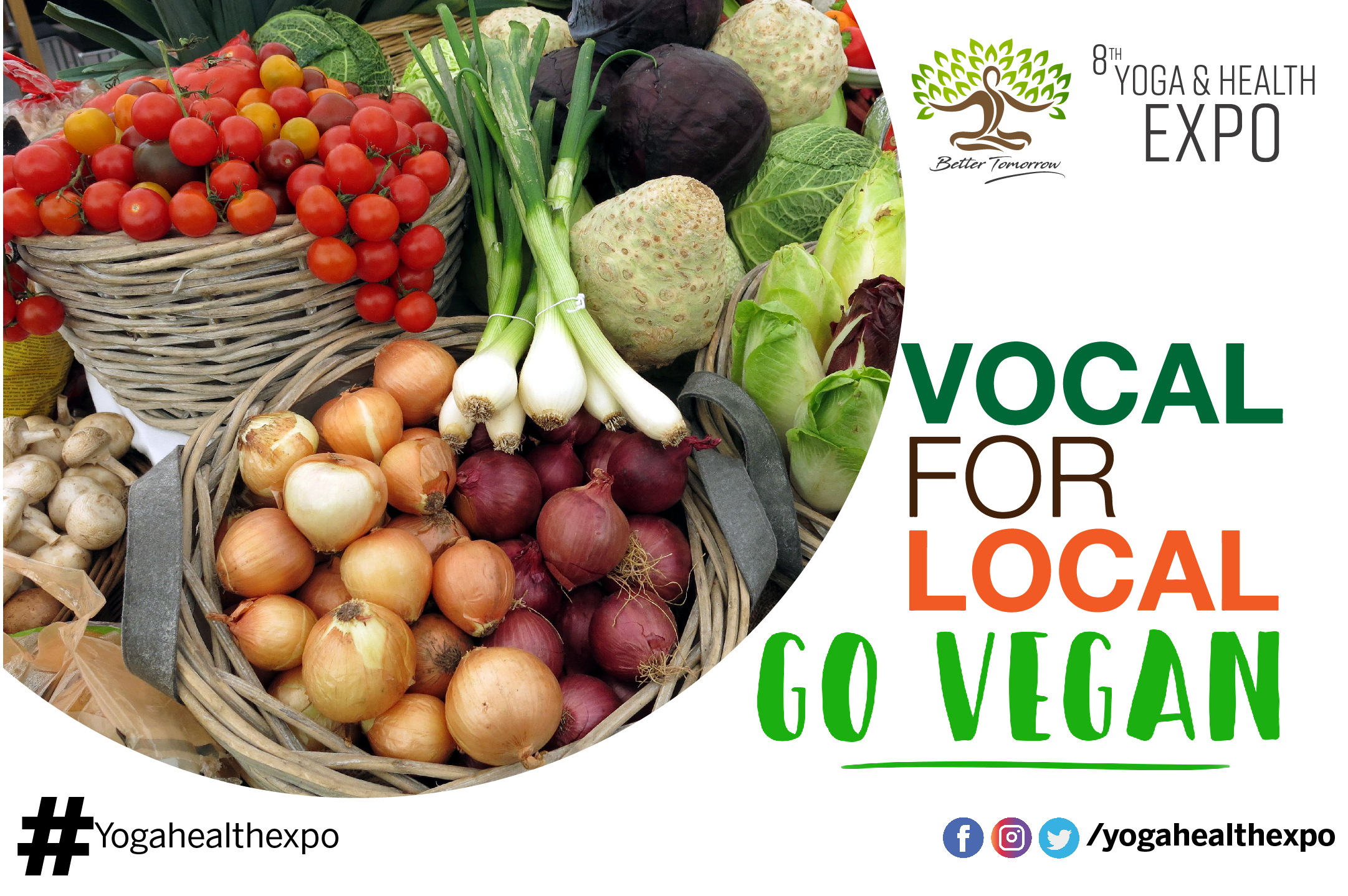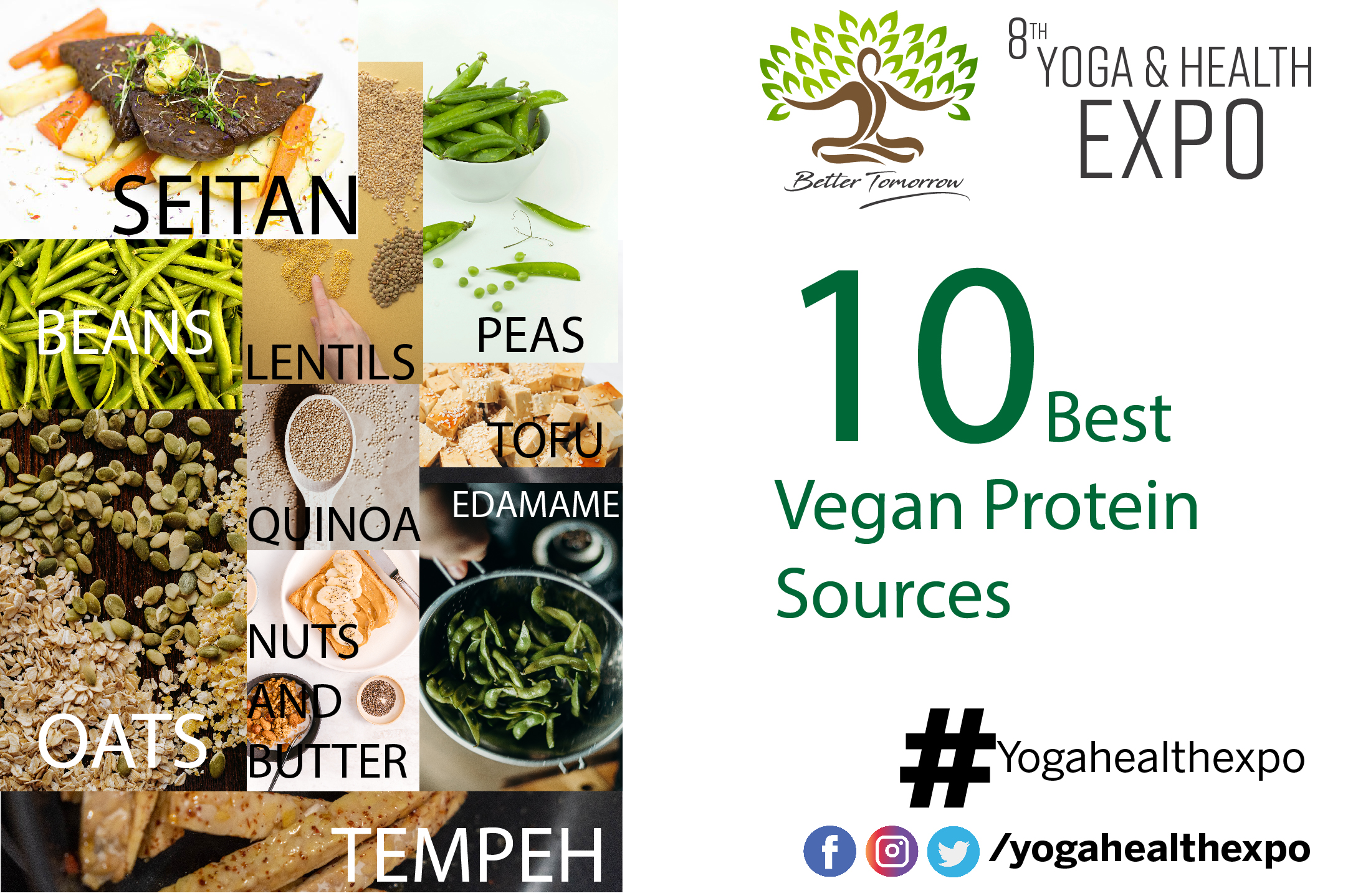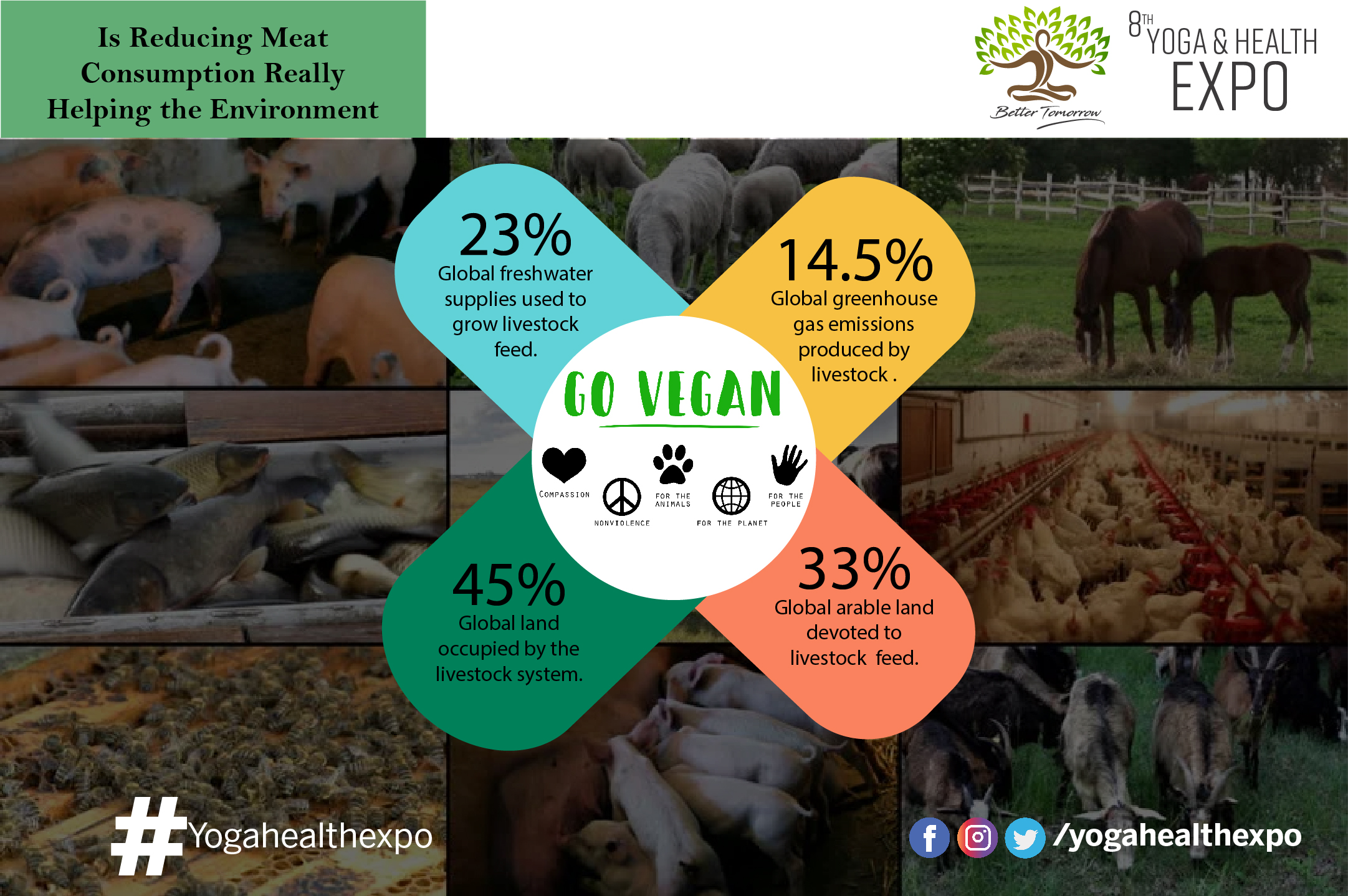Sustainable Yoga: The Synergy of Eco-friendly Practices and Vegan Eating
In recent years, the global shift towards sustainable living has prompted individuals to reevaluate their lifestyles and make conscious choices that benefit themselves and the planet. One such intersection of mindful living practices is the fusion of sustainable yoga, which emphasizes harmony with nature, and veganism, a dietary choice that…
